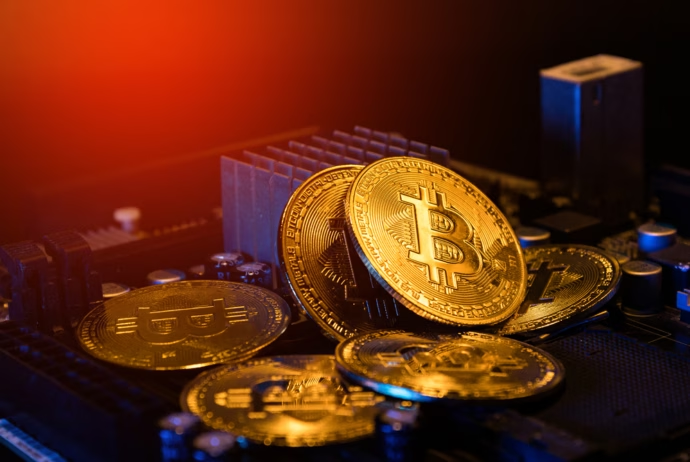Will the Treasury’s Disclosure Influence the Bitcoin Price?
Per President Trump’s recent order, the United States Department of the Treasury and other federal agencies will announce their holdings of Bitcoin and other cryptocurrency assets on April 5. This announcement will also clarify whether the president previously mentioned that these three digital assets (XRP, Solana, and Cardano) will be part of the national digital asset stockpile.
Trump signed an executive order creating a Digital Asset Stockpile and Strategic Bitcoin Reserve on March 6. Per a presidential document released on March 11, all federal agencies must inform the Treasury Secretary of their Bitcoin and other digital asset holdings within 30 days of the directive.
The document also instructs the Treasury Secretary to set up two offices to oversee the government’s digital assets. The Strategic Bitcoin Reserve will act as a “digital Fort Knox” for long-term value storage by holding Bitcoin obtained through legal or illicit fines without selling such holdings.

CypherMindHQ.com Artificial Intelligence Crypto Trading System - Surpass the competition with this cutting-edge AI system! Utilize the prowess of innovative algorithms and amplify your crypto trading strategies with CypherMindHQ. Learn more today!
Audit’s Findings May Give Insight into Bitcoin’s Price Fluctuations — BTC Inc. CEO David Bailey
Even after the strategic reserve announcement, concerns about the trade war and the recession were the primary causes of Bitcoin’s recent price decline. The price of Bitcoin has decreased by about 10% since the reserve was established, from over $92K to $82K.
According to data analytics firm Arkham Intelligence, the US government owns 198,012 Bitcoin, valued at approximately $16 billion. According to White House crypto czar David Sacks, the government possessed about 400,000 Bitcoin through legal and illegal asset seizures within the last ten years.
Nevertheless, roughly half of this total (195,000 BTC) was sold, bringing in $366 million. If the federal government had kept all 400,000 BTC, the current value of its Bitcoin holdings would have exceeded $17 billion.
Chinese People Are Still Buying Bitcoin Acquisitions Despite Bans
The demand for BTC among Chinese mainlanders—those not from Hong Kong or Macau—remains high. It is difficult to track how much BTC is traded because mainlanders are prohibited from investing in Hong Kong’s derivatives and spot BTC ETFs, which is part of an overall trend toward a trading ban on the CNY-BTC pair.
However, residents overcome these limitations using over-the-counter (“OTC”) trade. Some OTC offices and services resemble private banks, while others are groups of merchants prepared to assume the legal costs of selling Bitcoin and Tether for Yuan.
The media team at Chainalysis stated that “OTC services offer BTC sales to individuals in China and the surrounding area. Many OTC service providers have roots as businesses within larger trades, where they can use the infrastructure and liquidity already in place to support their customers’ trading activity.
However, some run separate on-chain infrastructure. China’s use of OTC channels demonstrates one of two things: either the ban is not strictly enforced, or it is difficult to forbid crypto activity completely.
Significant desk deals were also made in Tether, a stablecoin backed by the US dollar that Chinese people widely use. Although some believe that OTC trade entails peer-to-peer trade, most use exchanges, particularly those with Chinese origins.

CypherMindHQ.com Artificial Intelligence Crypto Trading System - Outpace the competition with this high-end AI system! Leverage the capabilities of progressive algorithms and enhance your crypto trading performance with CypherMindHQ. Learn more today!
Additionally, there are active indications of cryptocurrency trading through the Western Internet. For instance, there are active X rooms in Mandarin where people openly discuss trading various tokens.
Trading Bitcoin, USDT, and e-CNY in China
Given that China’s central bank digital currency, e-CNY, is making headway in the pilot stage but is stalling out in momentum (particularly among the typical Chinese user, who still prefers to stick with WeChat Pay and Alipay for the time being), the future use of Bitcoin in China remains to be seen.
The Secretary of Commerce, who sets Trump’s tariff policy, is Tether’s primary Treasury dealer, making it an intriguing geopolitical trend-maker. Even though the Chinese government is attempting to shift away from Treasury debt, every Chinese investor in USDT effectively supports the purchase of Treasury reserves.



